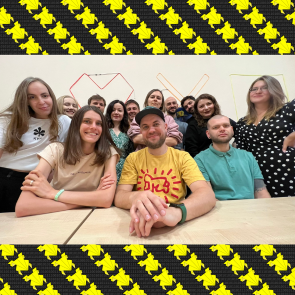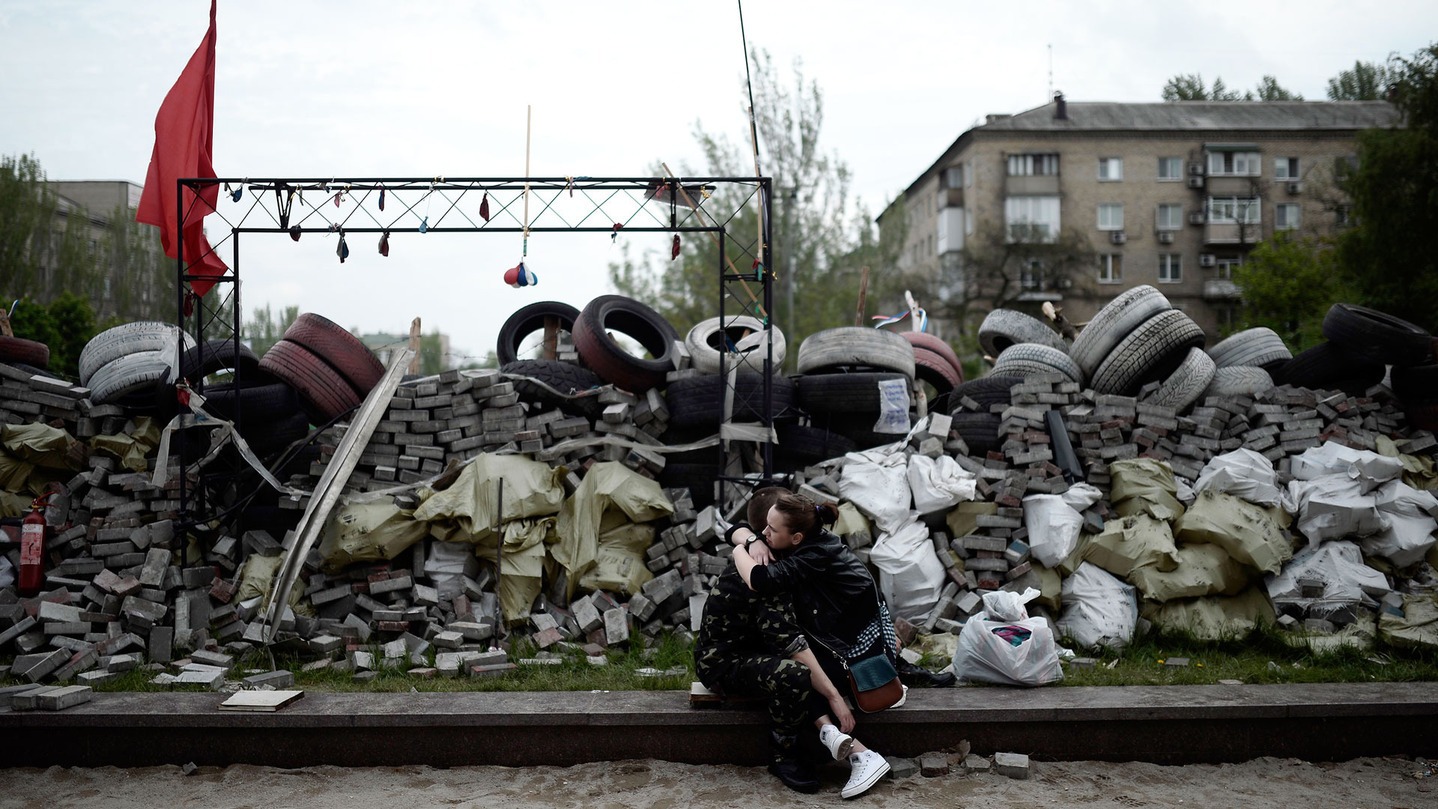
Digital Security Lab Ukraine (DSLU)
The annual Front Line Defenders Award for Human Rights Defenders at Risk was established in 2005 to honour the work of HRDs who are courageously making outstanding contributions to the promotion and protection of the human rights of others, often at great personal risk to themselves.
Digital Security Lab Ukraine (DSLU) was established in 2017 to address digital security concerns of human rights defenders and organisations in Ukraine. Civil society voices have always been strong in Ukraine, reaching a peak in 2013 with the EuroMaidan clashes, aimed at overthrowing a pro-Russian government. Russia’s war in Ukraine, that started with occupation of Crimea in 2014 and destabilisation and shadow support to the so-called separatist movement in Donetsk and Luhansk regions in eastern Ukraine, has posed a grave danger to human rights defenders in the occupied territories. Human rights defenders in the rest of Ukraine, addressing issues like corruption, nepotism, LGBTIQ+ and refugee rights, faced targeting from the authorities and far-right groups. Witnessing a transition to an increasingly digital world, DSLU recognised that digital security had become a very real and central concern for human rights defenders and their work, potentially exposing them to vulnerabilities which could impede their work. Their goal in starting DSLU was to support human rights organisations and defenders in Ukraine by addressing their digital security challenges in a sustainable, flexible manner to minimise their exposure to risk and vulnerabilities.
When Russia launched its full-scale invasion in Ukraine on 24 February 2022, human rights defenders and groups experienced blackouts and disruptions in communications due to Russia’s shelling of Ukraine’s critical infrastructure. There have been significant fluctuations in internet connectivity in many regions of Ukraine, impeding the ability to document and report on war crimes and human rights violations. DSLU’s work has been integral to rebuilding digital security infrastructure and documentation of war crimes, ensuring that organisations could continue to operate by providing and setting up satellite internet kits for teams working on documenting and reporting war crimes.
Despite the circumstances of the war, while many fled to safety, DSLU stayed on the ground, recognising the crucial digital needs of the context. This was not easy and came with significant safety and security challenges. They continue to work hard to combat online censorship and provide means of communication during the invasion to ensure that crucial information can be shared and exchanged despite the barriers. Despite growing physical security risks amid the ongoing conflict, they continue to provide digital security support to HRDs and HROs in Ukraine.
Through its“Яҡ?” platform, DSLU has offered digital security guidelines for HRDs and HROs who continued working in the newly occupied territories of Ukraine. In 2022, they had more than 450 consultations with civil society actors in Ukraine, supporting them with digital security audits, training, emergency incident responses and consultations, and technical support and supplies. Beyond this, they are important and leading voices in the broader digital freedom and security space, and conduct their own advocacy pushing for digital rights and freedoms in local and global contexts.

